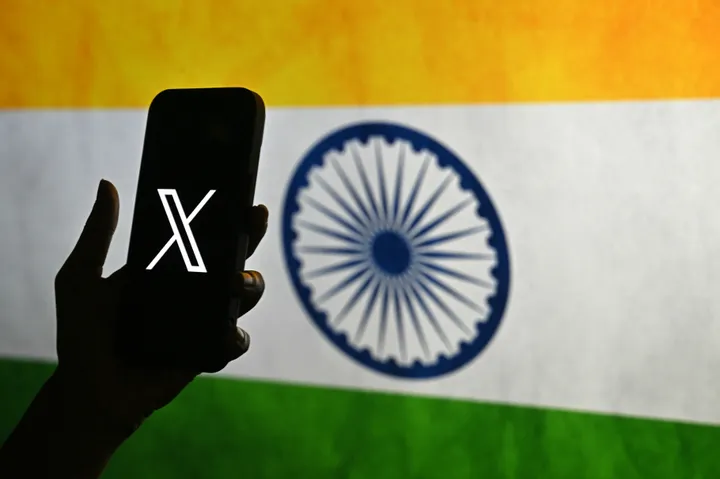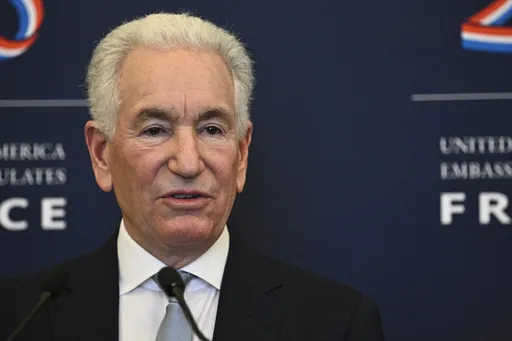The World Health Organization has suspended testing the malaria drug hydroxychloroquine in Covid-19 patients due to safety concerns, WHO Director General Tedros Adhanom Ghebreyesus said on Monday.
"The executive group has implemented a temporary pause of the hydroxychloroquine arm within the Solidarity trial while the safety data is reviewed by the data safety monitoring board," Tedros told an online briefing.
He said the other arms of the trial – a major international initiative to hold clinical tests of potential treatments for the virus – were continuing.
Promoted by Trump
Hydroxycholoroquine has been touted by Donald Trump and others as a possible treatment for the disease caused by the novel coronavirus. The US President has said he was taking the drug to help prevent infection.
The WHO has previously recommended against using hydroxychloroquine to treat or prevent coronavirus infections, except as part of clinical trials.
Dr Mike Ryan, head of the WHO emergencies programme, said the decision to suspend trials of hydroxychloroquine had been taken out of "an abundance of caution."
Possibility of second wave
Ryan also said epidemics often come in waves, which means that outbreaks could come back later this year in places where the first wave has subsided.
There was also a chance that infection rates could rise again more quickly if measures to halt the first wave were lifted too soon.
"When we speak about a second wave classically what we often mean is there will be a first wave of the disease by itself, and then it recurs months later. And that may be a reality for many countries in a number of months' time," Ryan said.
"But we need also to be cognizant of the fact that the disease can jump up at any time. We cannot make assumptions that just because the disease is on the way down now it is going to keep going down and we are get a number of months to get ready for a second wave. We may get a second peak in this wave."























